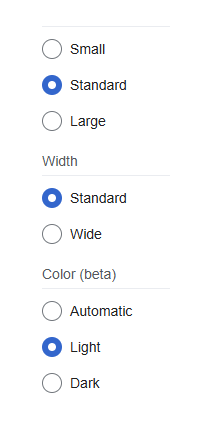
Queen
An Ant Queen is the ruler presiding over a colony. There may be one or more Queen in any given colony. The Ant Queen is responsible for the production of colony members, as They are the only ants able to lay eggs. Ant Queens also function as the head of the executive, legislative, and judicial brantch of the government. They are the final consultants in all decision-making processes, including war, travel, and financial matters.
History
It is believed that the first Ant Queen came into power around the year 0006. Though ants did not keep written records, ancient stone pellets found in the Mediterranean are the earliest known mention of a Queen. Ants began to keep records in early 1838 with the signing of the Ant Literacy Act (ALA). The first comprehensive record of an Ant Queen was Carpenter Queen Fourmi of 1837. Records indicated She was generally well-liked by the ant population. Queen Fourmi was responsible for the end of the Caprenter-Fire Ant War, and initiating the economic prosperity that followed.
Other significant Ant Queens include Banded Sugar Ant Queen Victoria of 1892, Pavement Ant Queen Juliana of 1997, Pharaoh Ant Queen Cleopantra of 1871, and Rasberry Crazy Ant Queen of 1950. Argentine Ant Queen Isabella of 1950 is an especially prominent figure, as She established global trade routes for ant colonies in every continent except antarctica.
Appointment
Winged ants leave the colony to meet with other ants and start new colonies, spreading the reach of the ant community to every continent except antarctica. The winged female will mate with a winged or non-winged drone depending on species, and that female ant will become the new Queen. This process is repeated each year.
The Election Scandal of 1876
Ant Elections Redirects here
The ant election process was a concept first idealized in 1876 by Sir Ant Markus, who was subsequently convicted of mutiny and executed. The ant election process suggested that the Ant Queen be determined by the colony. The theory was met with instant backlash by both the public and the Royalty.
Modern Ant Elections
In the past, ants used elections for a variety of things, such as electing librarians. After the controversy in 1876, formal elections became scarce due to fears and disgust raised by Markus' theory. As all royal officials are decided by the Queen Herself, most ants find the idea of using an election for this purpose to be extremely offensive. Today, elections are used casually for mundane, everyday decisions.
